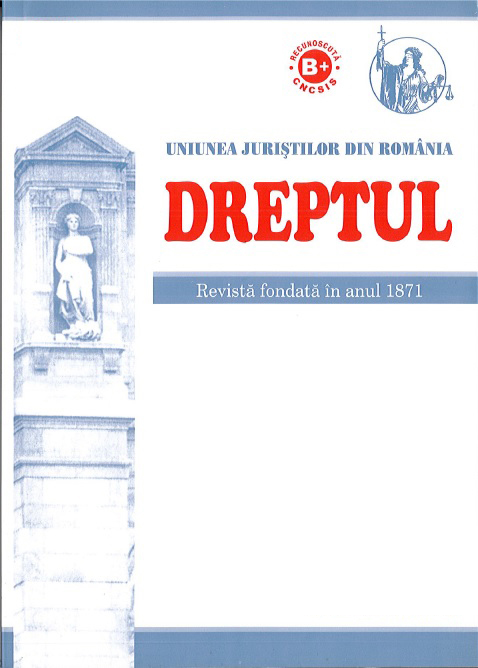The Decision of the Constitutional Court of Romania No 405/2016, referring to the plea of unconstitutionality of the provisions of Article 246 of the Criminal Code of 1969, of Article 297 (1) of the Criminal Code and of Article 132 of the Law No 78/2000 on preventing, discovering and sanctioning of corruption acts (hereinafter referred to as „Decision No 405”)1, is not a mere interpretative decision2 whereby, following the admission of a plea of unconstitutionality, it is established that a text of law is constitutional only provided that a certain wording has a certain meaning3. The recitals of the Decision No 405, to which there have been added, shortly after, those included in the Decision No 392/2017, referring to the plea of unconstitutionality of the provisions of Article 248 of the Criminal Code of 1969, of Article 297 (1) of the Criminal Code and of Article 132 of the Law No 78/2000 on preventing, discovering and sanctioning of corruption acts4 (hereinafter referred to as „Decision No 392”), have emphasized the fact that the current rules of incrimination of the deeds of abuse of office, once clarified the meaning of the phrase „defectively fulfils”, still establish a criminal liability that rather acts with priority, and not according to ultima ratio principle, and the constitutive elements of the offence do not meet the standards of drafting of such legal norms identified in the case law of the European Court of Human Rights (hereinafter referred to as „ECHR”), the United Nations Convention against Corruption5, as well as in various reports and positions assumed by the European Union bodies on this subject. For the assumption that these observations of the Constitutional Court would determine the legislator to reflect on the necessity to reconfigure the legal provisions in question, the Court has indicated certain points of reference that should be considered in order to ensure a regulation compatible with the international and European standards mentioned.


